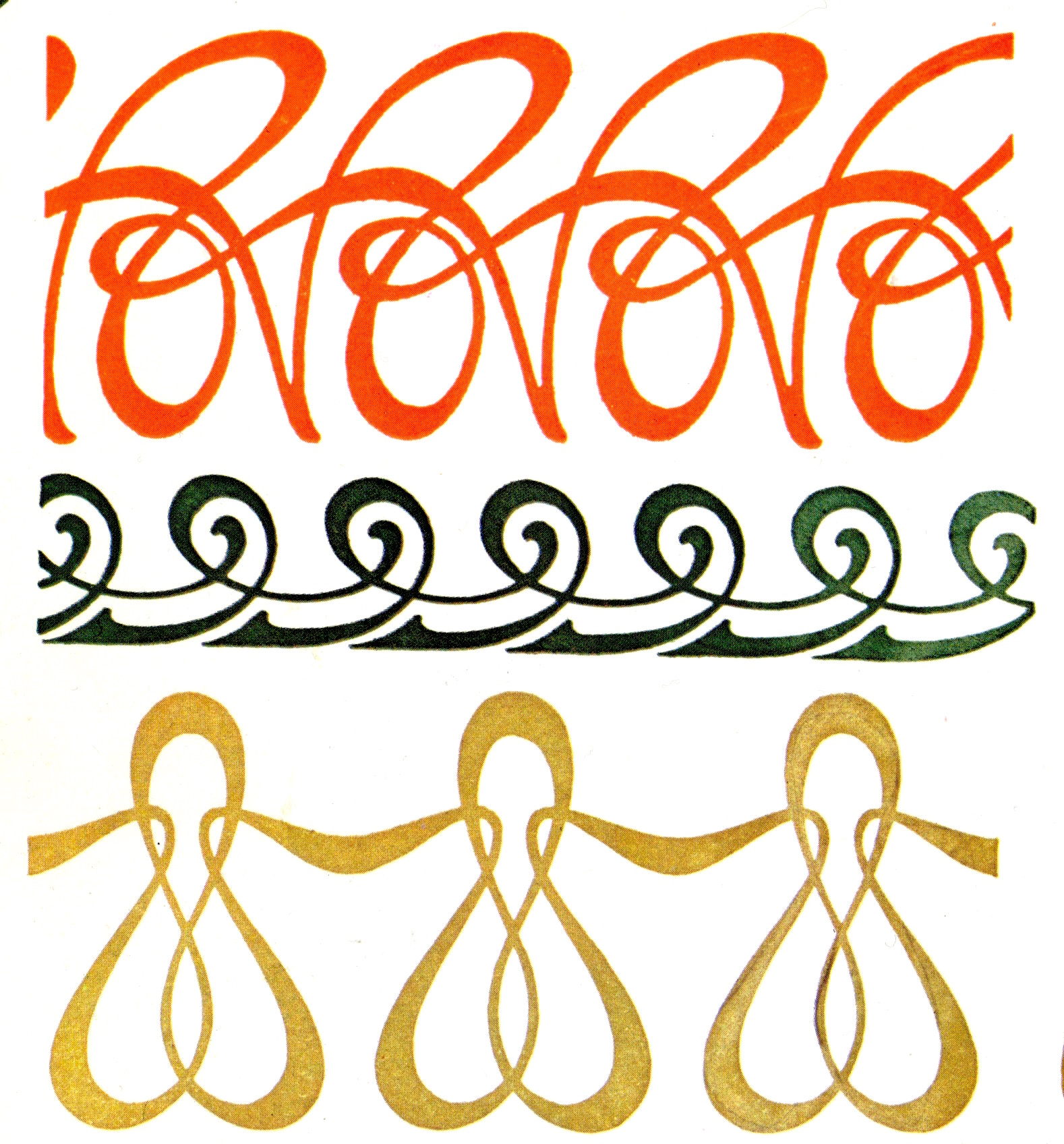Flusser’s Untranslatability

There’s a conference coming up next year with the title “Flusser’s Languages.” One of the questions to be addressed is, “Is Flusser untranslatable?’ Yes, I think he is. And although the same might be said of any writer, I also think Flusser is exceptional.
I have translated three of his books, and continue to translate his writing for my own use. Are they “good”? They serve my needs, and I have a fair collection of compliments from English-speaking readers. Are they “worse” than someone else’s results would have been? Worse than Flusser would have produced? There was at least one case in which his translation of his own book — German into English — was so difficult to understand that the publisher hired a professional translator and republished it many years later.
Flusser wrote and published in four languages. And I think the idea of multiple languages might also apply to layers of vocabulary within a given text in one of those languages. In Towards a Philosophy of Photography, for example, Marxist terminology intersects with terms from discourse analysis as well as still other terms from games theory. This texture is absolutely unique to Flusser.
In her recent book This Little Art, Ann Briggs gives a rich and elegant account of her own translation into English of one part of Roland Barthes’s three-part work, The Preparation of the Novel. She gently persuades her reader that a translation is a different book, a work of the translator. Its relationship to the text that gave rise to it, perhaps we could call it its antecedent, must be judged in the same way art is judged, by aesthetic criteria that will vary according to time, place and individual reader.
It is, in short, an aesthetic issue. I can’t know whether the text I translated will mean to you what Flusser’s text meant to me. Flusser’s own aesthetic judgment governs his work as a whole, with all its multiple translations, back translations, commentaries, recycling of ideas and more. I can appreciate that aesthetic only very partially, and can only very partially, temporarily resolve its differences from my own, enough to let others find their own differences for themselves.


